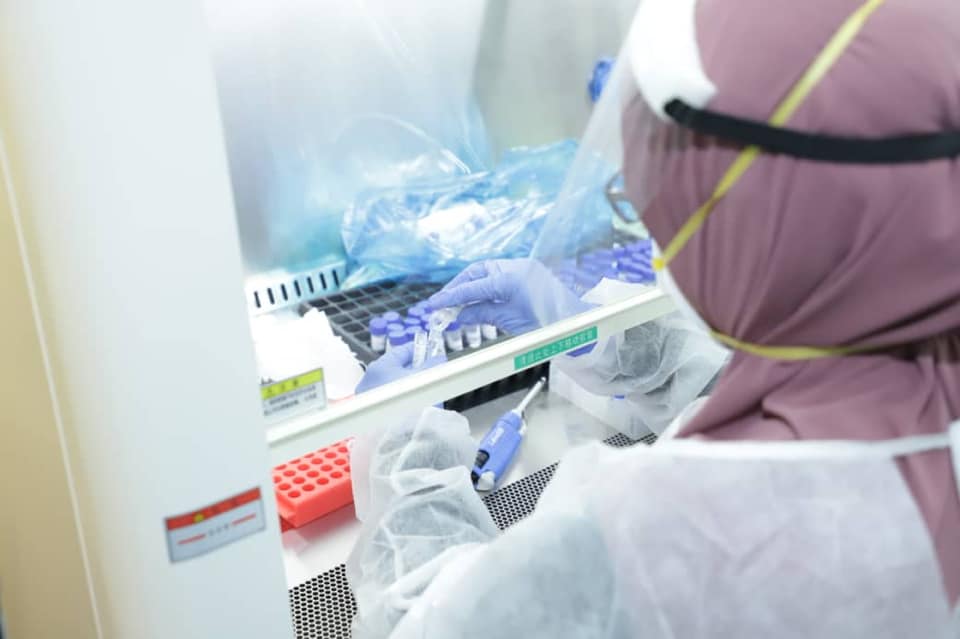KUALA LUMPUR, April 14 — The Ministry of Health (MOH) has identified 17 locally transmitted Covid-19 cases in Malaysia with the South African variant, 13 of which are from three clusters in Selangor.
The three clusters are Jalan Lima, Kebun Baru, and Teknologi Emas, while the other four cases with the B.1.351 variant that originated from South Africa were from close contact screenings unconnected to any cluster.
MOH first detected the B.1.351 variant, said to be more contagious, among two staff working at a company based at the Kuala Lumpur International Airport (KLIA) last March 18, as well as in one case from the Kebun Baru cluster and a close contact screening.
Health director-general Dr Noor Hisham Abdullah announced last April 1 that MOH found the South African variant in nine locally transmitted cases in Selangor.
“To track how far the B.1.351 lineage has spread, genomic sequencing was conducted on more cases in nearby geographical locations, including the Kuala Langat and Sepang districts,” Dr Noor Hisham said in a statement today.
“As of 14 April 2021, a total of 17 positive locally transmitted Covid-19 cases have been identified with the South African B.1.351 variant in Malaysia. To date, phylogenetic analysis and geographical associations show a likelihood that these cases came from the same source of infection.”
The 17 coronavirus cases with the B.1.351 variant comprised nine from the Kebun Baru cluster, three from the Jalan Lima cluster, one from the Teknologi Emas cluster, and four from close contact screening. The Kebun Baru and Teknologi Emas clusters first originated in Kuala Langat.
Dr Noor Hisham also said of the 145 genomic analyses run this year so far, 22 Covid-19 cases, or 15.2 per cent, were variants of concern, while the remaining 85.8 per cent comprised non-variants of concern, most of which were the B.1.524 variant.
The third wave of Malaysia’s Covid-19 epidemic that started in Sabah late last year mostly showed the B.1.524 variant.
Malaysia earlier detected the UK’s B.1.1.7 variant in two cases screened at the country’s international gates since last February 3, as well as two imported cases with the B.1.525 Nigerian variant on March 5 this year.
A new Israeli study reportedly showed that the B.1.351 variant was better able to “break through” protection of the Pfizer-BioNTech vaccine than the original strain.
Covid-19 infections have been rising in Malaysia, as the 14th epidemiological week this year recorded 9,507 cases, the highest in four weeks, Dr Noor Hisham announced last Saturday.








